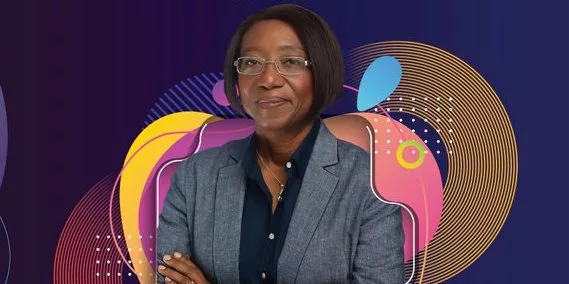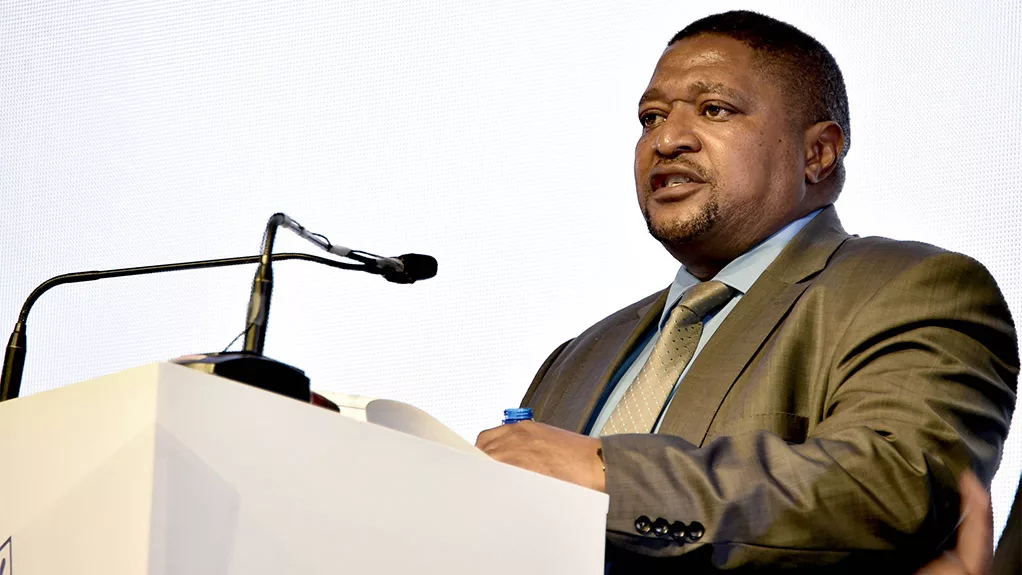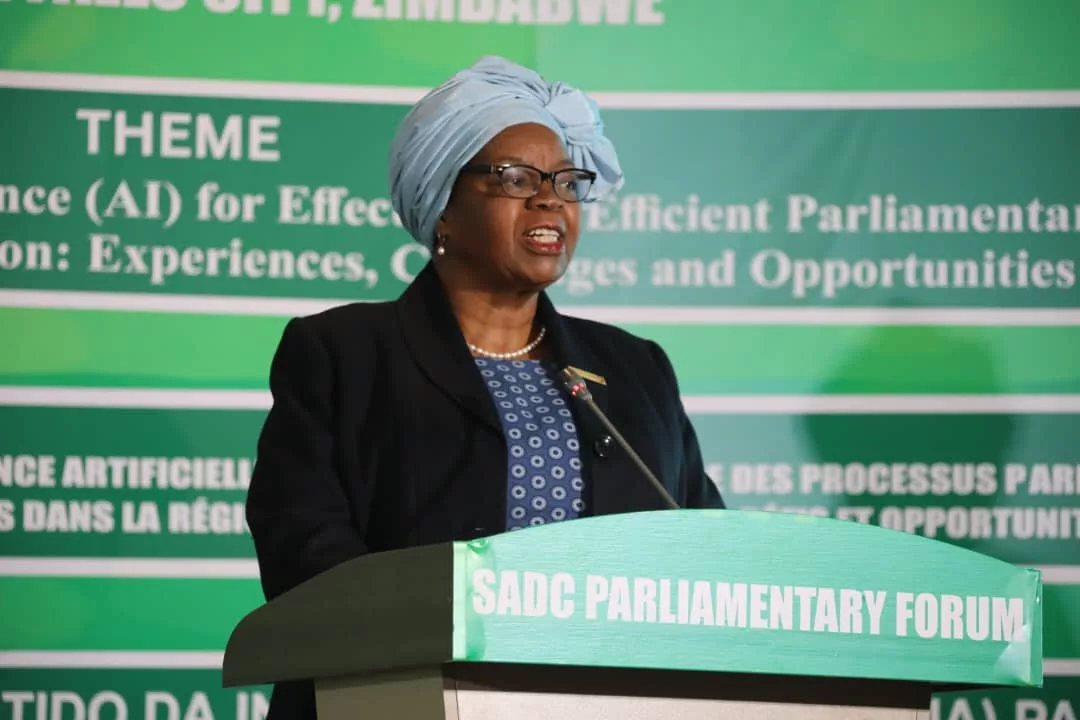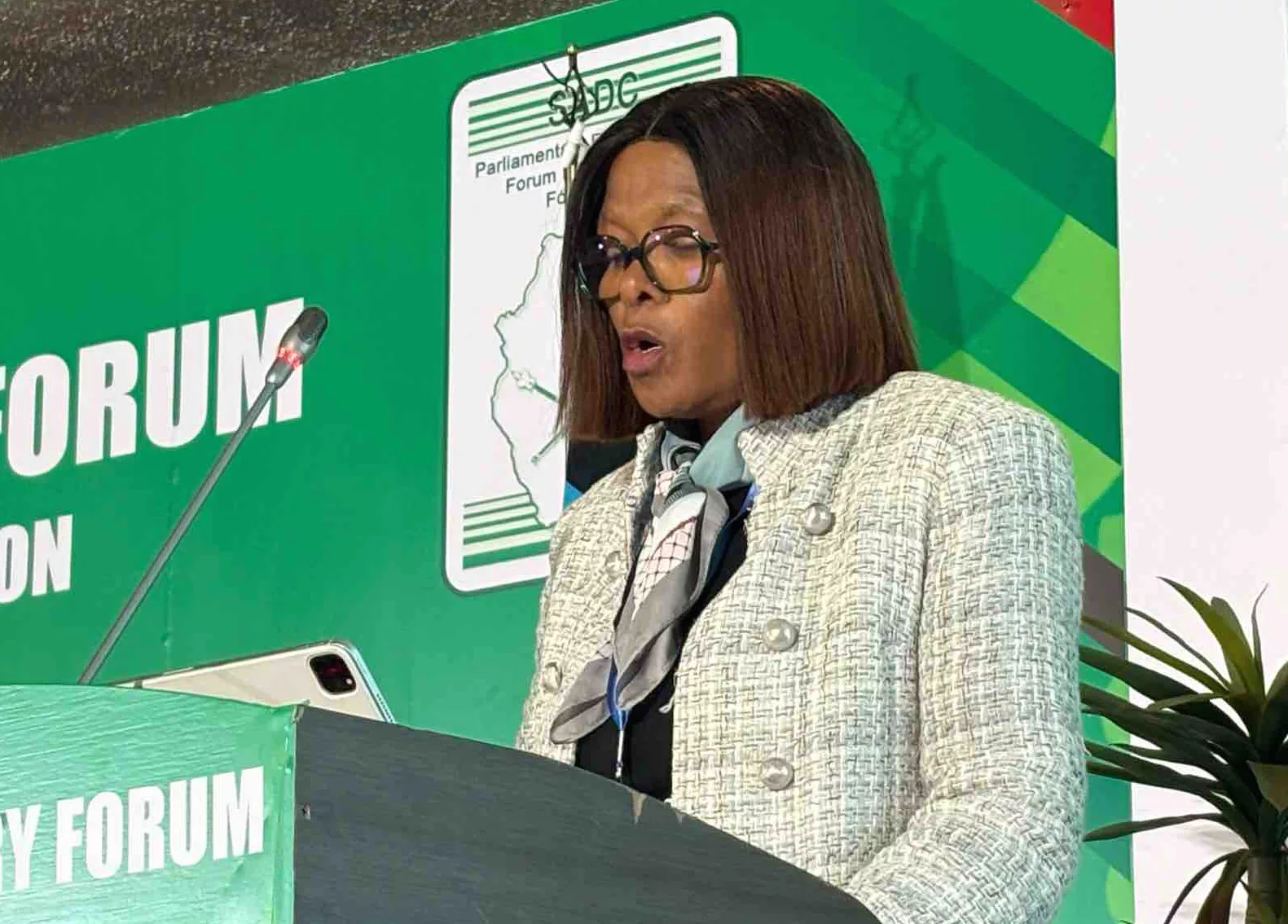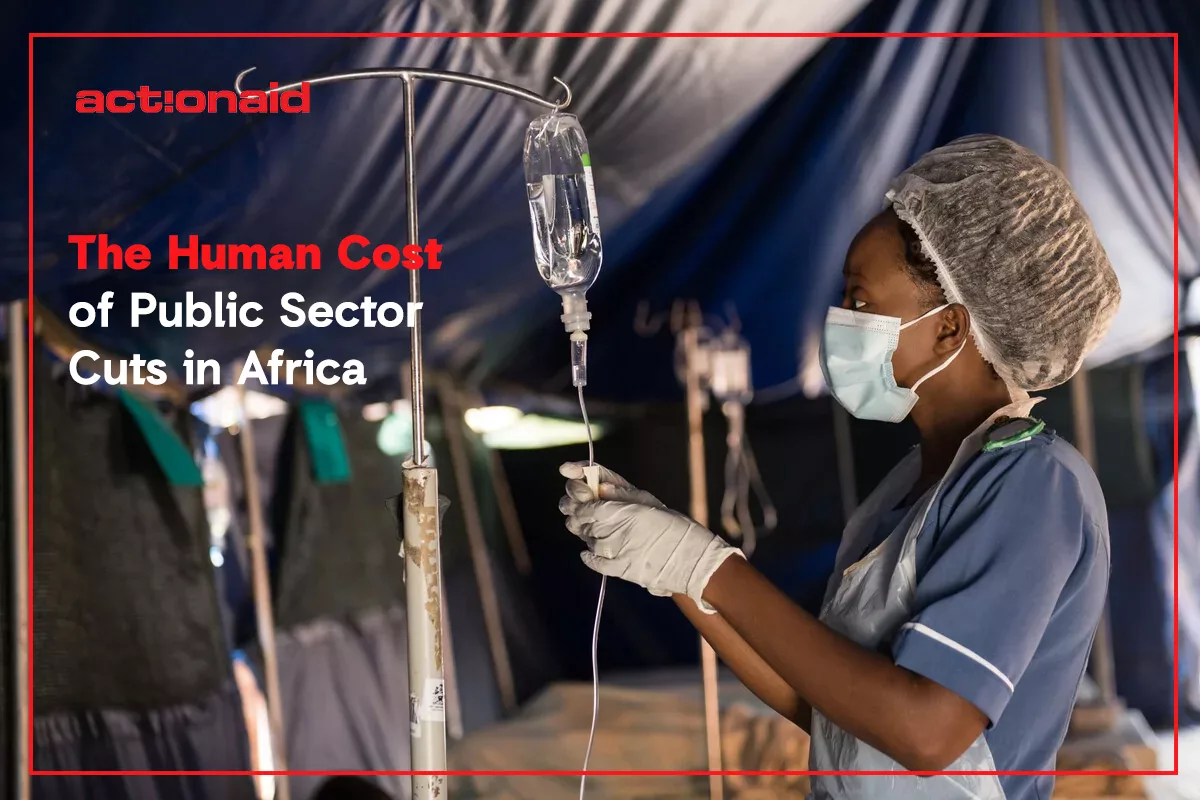|
Getting your Trinity Audio player ready...
|
Aida Diarra, Senior Vice President and Head of Sub-Saharan Africa at Visa discusses the gender gap in African tech ahead of International Women’s Day
Despite driving the world’s most powerful industries, Big Tech remains a closed boys club, dominated by a handful of American males whose combined net worth exceeds $1 trillion. This lack of diversity isn’t just a Silicon Valley problem; it is reflected in ongoing challenges within Africa’s tech sector, where women remain largely absent as decision-makers and active participants.
“If innovation is meant to serve everyone, why is leadership still so homogenous?” asks Aida Diarra, Senior Vice President and Head of Sub-Saharan Africa at Visa – as well as CNBC Africa’s 2024 Business Woman of the Year – who understands the challenges of navigating the industry as a female leader.
“I believe that when women thrive, communities and economies thrive – and in today’s rapidly evolving digital landscape, the participation of women is not just important, it’s crucial,” says Diarra.
Encouragingly, nearly half of all STEM graduates at African universities are women – the highest proportion in the world. Yet, despite these gains in education, African women remain largely absent from the digital industry, raising a critical question: How do we translate these strides into real employment and entrepreneurial opportunities for women?
Diarra stresses that the gender gap isn’t just about representation; it has tangible economic and social consequences. “In 30 years, with the right interventions, Africa’s tech sector could look vastly different – more diverse, more inclusive, and ultimately more competitive on the global stage.”
To drive this transformation, Diarra says early investment in STEM education, particularly at the community level in underserved areas is key. “Increasing access to technology and science-based learning for young girls in African countries lays the foundation for a more inclusive tech ecosystem, ensuring that tomorrow’s industry leaders emerge from a broader, more diverse talent pool.”
Aida is available for interviews to discuss:
- The state of female education and representation in Africa’s tech sector;
- Key barriers preventing women from entering and succeeding in tech in Africa;
- The potential economic and social benefits of a more inclusive industry;
- Why grassroots STEM education is crucial for shifting the long-term trajectory of the sector;
- The challenges faced as a female leader in Africa’s tech and financial sectors; and
- The initiatives Visa has in place to support women entrepreneurs.


